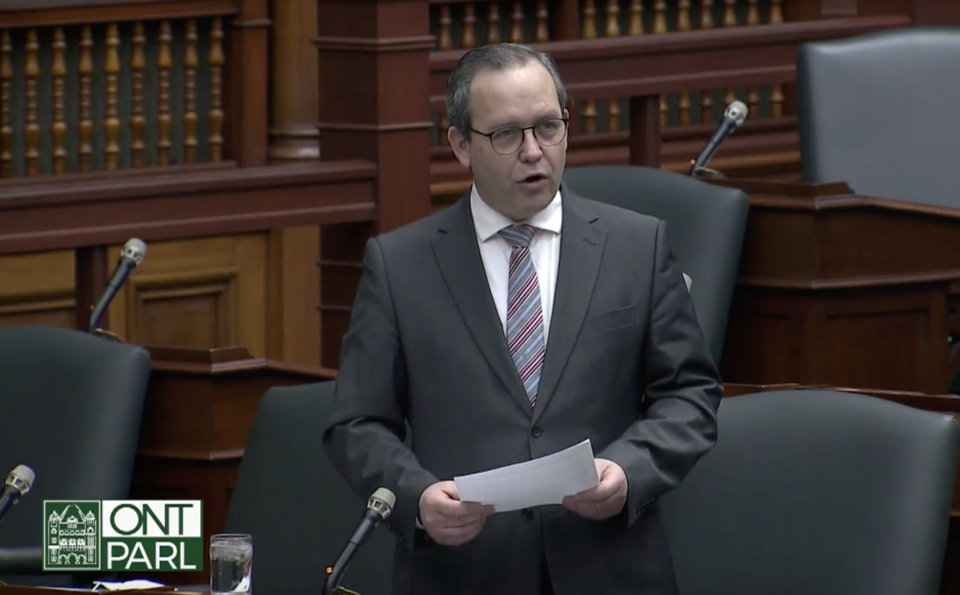Renters and landlords should see quicker resolutions to their disputes with the announcement of the number of adjudicators and staff at the Landlord and Tenant Board being increased.
Ontario says it will spend $6.5 million to appoint an additional 40 adjudicators and hire five staff to improve service standards and reduce active applications and decision timeframes at the Landlord and Tenant Board. This increase more than doubles the number of full-time adjudicators at the Landlord Tenant Board.
“Residents and rental housing providers deserve fast results, and government bureaucracy should not stand in the way,” said Attorney General Doug Downey.
Ontario is also taking steps to make life easier for renters, with proposed changes that would enhance tenants’ rights to install air conditioning in their units. The government is also proposing to strengthen protections against evictions due to renovations, demolitions, and conversions, as well as those for the landlord’s own use.
When evicting a tenant to use the unit themselves, a landlord would have to move into the unit by a specific deadline.
When evicting a tenant to renovate a unit, landlords would be required to:
- provide a report from a qualified person stating the unit must be vacant for renovations to take place
- update the tenant on the status of the renovation in writing if they plan to return
- give them a 60-day grace period to move back in, once the renovations are complete
If the landlord doesn’t allow the tenant to move back in at the same rent, the tenant would have two years after moving out, or six months after renovations are complete, whichever is longer, to apply to the Landlord and Tenant Board for a remedy.
When a tenant is in arrears of rent, they may enter into a repayment agreement with their landlord to pay the rent they owe and avoid eviction. To make it easier for both tenants and landlords, the government is proposing to require the use of the Landlord and Tenant Board’s plain language repayment agreement form. This would help ensure all parties better understand their rights and responsibilities.
The government is consulting on changes that will help to create a balanced framework governing municipal rental replacement by-laws. For example, the government is considering requiring replacement units to have the same core features (e.g., number of bedrooms) as the original units. The proposals would also give existing tenants the right to move into the new unit while paying the same rent. This would help protect affordable housing while encouraging the revitalization of older, deteriorating buildings and increasing the rental housing supply.



